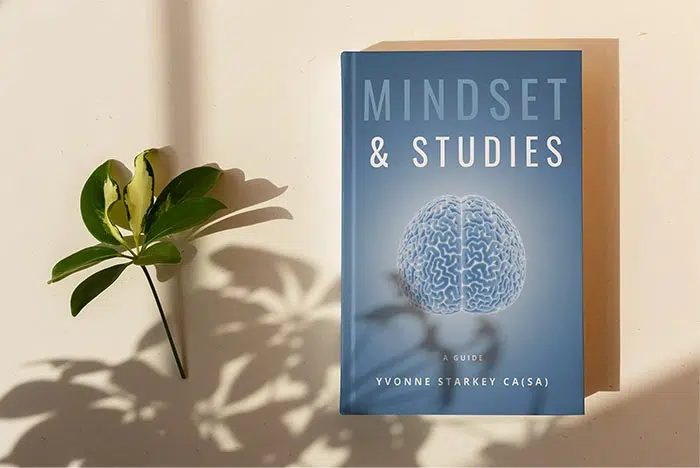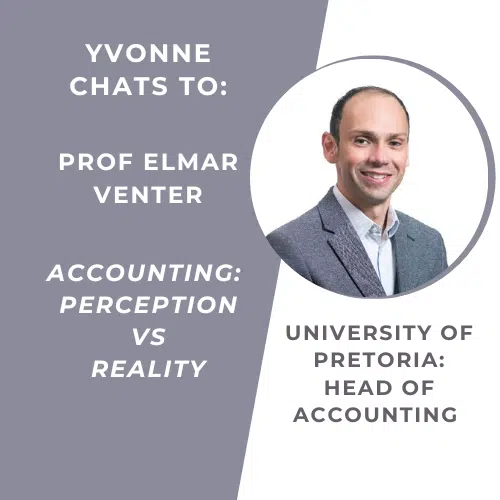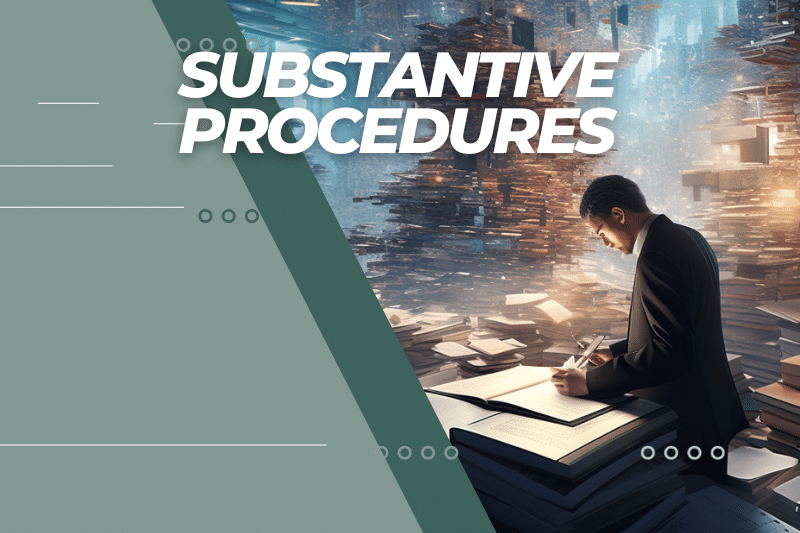Should you leave questions until AFTER you're finished studying?
(This is one of a series of articles)
As part of my work with accounting students on their Study Strategy, this is a topic we discuss at length, as part of our discussion around how to make study sessions more effective, and improve exam performance.
I’m writing a series of articles explaining a few reasons why I give the advice I do to the students I work with.
You can read others here:
- “What are the Outcomes?”
- This is the first article, and I also explain WHY I want you to challenge your thinking and what to consider as you make your decision, so I’m not going to repeat that here.
- Know vs Do
- Elon Musk Says So
Let’s get straight into another reason I suggest starting with questions.
Explore the Obstacle Course
This advice is based on exams and outcomes that require you to DO stuff, as opposed to just KNOWING stuff. (Refer to previous articles in this series)
So what?
This concept requires a shift in thinking regarding the purpose of doing questions.
Most students have the idea that questions have the sole purpose of answering the question “Do I know enough to pass?”.
This is a massive misperception of the purpose of PRACTICING stuff as we’re learning it.
Again, the CRUCIAL element here is HOW you approach those questions. If you’re learning the questions and solutions off-by-heart, with the idea that you’re learning how to do THIS question again… then you’re not going to achieve the goal intended.
This is easier said than done, because your habit are pretty embedded and automatic. You’ll slip into memory mode really quickly, especially when you come across stuff you’re not comfortable with. This requires constant mindset shifting to be ok with this process. Simple… NOT easy.
Why would some of your lecturers advise against this?
I mentioned this in another articles in this series (Know vs Do), and the same concepts apply to most advice here.
The key is HOW you’re doing this, and what you’re focussing on when you’re doing this. Most students will automatically shift to memorising questions and solutions. It’s something we’re SO used to. It’s not even intentional, it’s just an embedded habit.
If you are memorising databases of solutions, you’ll be worse off than if you never looked at questions. Your Brain will be focussed on memory, and won’t focus on WHY the stuff works that way. You’ll be working towards questions that look the same as the ones that you’ve done, and your approach will be to copy & paste previous answers instead of building solutions.
The mental shift between these two approaches HAS to be conscious and does take time to do. Since most students won’t do this, or aren’t really aware of the difference, most lecturers are aware of where their focus is, and will probably advise against this.














